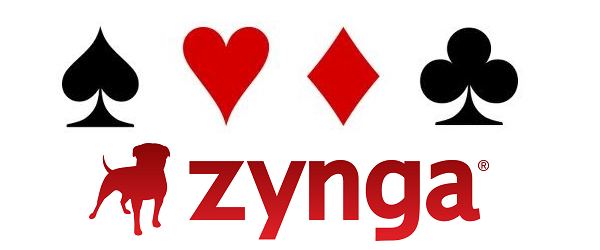Online games giant Zynga is dropping more than a few of its eggs into the online poker basket. We can surmise this because the company recently hired a woman named Maytal Ginzburg as COO of its newly formed gaming division. Ginzburg was most recently Senior Vice President of Regulated Markets for 888 Holdings.
Zynga has experienced some setbacks recently which have been reflected in its declining stock price. Slowing growth in its most popular games and the loss of key executives have taken a toll on the company. Over the last two months, CEO Mark Pincus, has publicly stated the company’s intention to enter the lucrative real money online gaming market and leverage its tremendous user base.
Due to the current illegality of online poker in the United States, Zynga poker will begin its foray into real money gambling in Europe. This may end up being an unfair test for the new venture. The European online poker market is mature and more than one site is well established. Of course there is the behemoth, Pokerstars, which may account for better than 50% of the total number of players online at any one time. Then there are the next two most popular sites, 888 Poker and Party Poker. Point is that there is stiff competition in this market and Zynga might not get significant traction from the get go. Starting off in a young, developing, regulated US market would have made for a much more exciting debut.
We believe that there will be several mergers, acquisitions, partnerships, etc. over the next year in the online poker industry. That activity will intensify as things progress on the regulatory front in the U.S. Zynga will, no doubt, be a much sought after partner given its huge database of players. In April of this year, Forbes reported that the company was in talks with Wynn Resorts to form an online partnership. What a great combination that could be for poker players – Zynga’s worldwide popularity and expertise in social gaming combined with the prestige of the Wynn brand. The most sought after partner out there will be Pokerstars, but there will be other potential alliances similar to Zynga/Wynn that can become formidable competitors. All that competition will ultimately benefit players.

